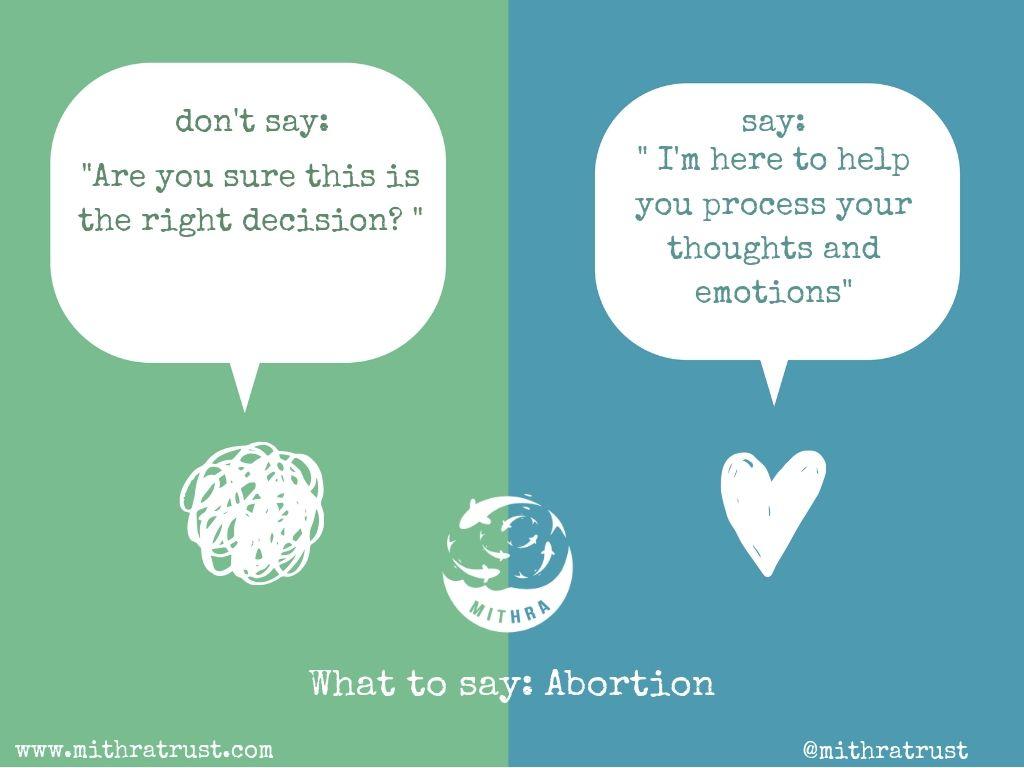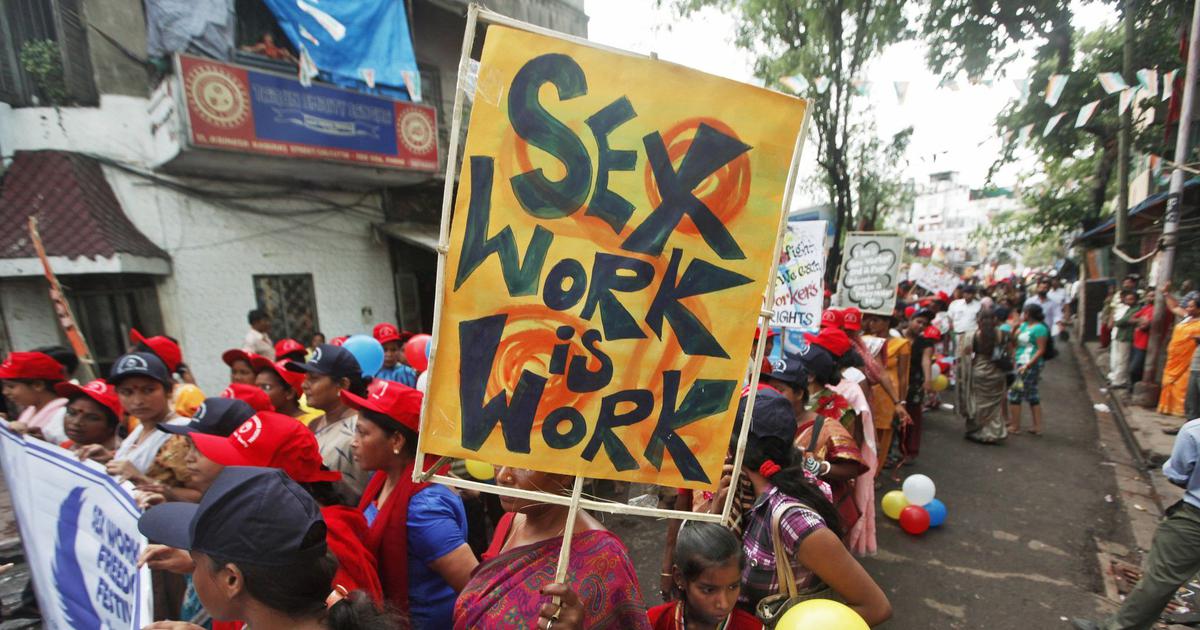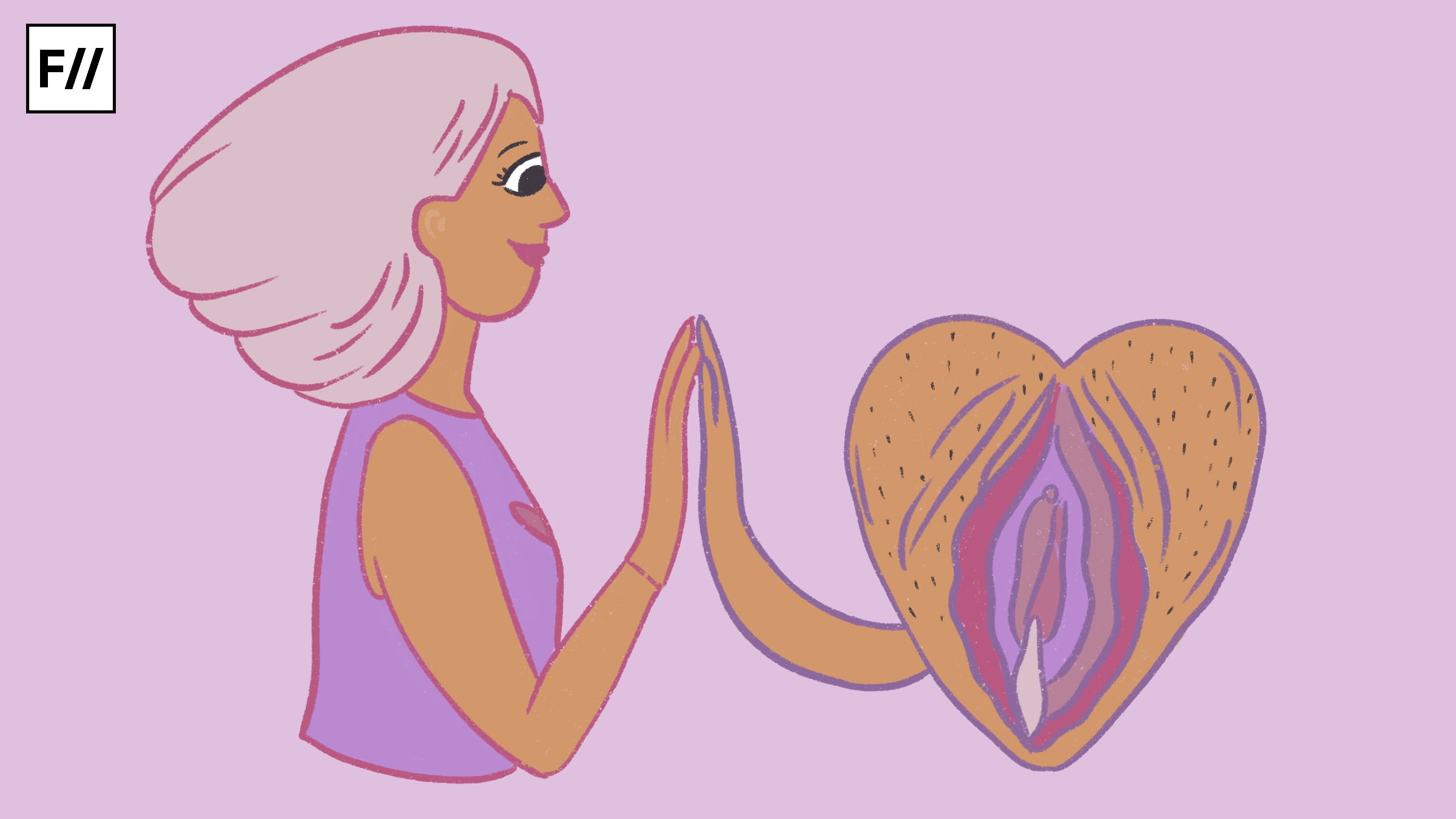Posted by Bhairavi Prakash
On May 15th 2019, Alabama State Senate backed a bill banning abortions (except for the rarest of rare cases). The impact of this was discussed in living rooms, WhatsApp groups, on social media, and in bars and coffee shops across the world. When women started to share their #youknowme stories about their own experiences with ending their pregnancy, I was deeply moved. I recognised the vulnerability and strength it took in sharing the stories. However, I was triggered by the comments of blame, shame, guilt and outrage that people posted to the stories being shared. I wondered what specifically bothered me about this and I began to examine my beliefs. In doing so, I recognised that at the base of it all, I supported a woman’s right to choose. Her choice could be to stay pregnant or terminate the pregnancy, but it was her choice!
Now, I wondered how I could contribute. As I thought about it, I began to realise that I wanted to support women in the process of exercising their right to choose. This is often a messy, overwhelming, alienating, and emotional time for most. I run Mithra Trust, a not- for- profit organisation that deals with mental health, and these images that you see are what I published on social media as part of our What to Say series.
As I began to write the What To Say posts on abortion, I recalled the first ever abortion conversation that I had. It was in high school and I was offering support to a friend. I remember the weight of the secret, the shame and guilt as we contemplated the pros and the cons, the choice weighed heavily on her. We went through hours and days thinking about what her life would look like if she went through with her pregnancy, she even thought about giving the baby up for adoption. She kept saying the logical move was to terminate the pregnancy but she loved babies and could not bear the thought of ending this life inside of her. Her partner did not really say much, he was quiet mostly and said he would turn up at the clinic and figure out the money. The injustice of it all struck me, they were in this together and he did not grasp the complexities she faced, no matter what she chose to do.
There aren’t many people who talk about the mental wellbeing of a woman when she’s exercising her right to choose and considering the options with regard to her pregnancy.
I saw this pattern repeated multiple times through my 20s. Women who were considered ‘sexually active’ (I dislike the term) outside of marriage, were met by extreme judgment from medical practitioners. When I was in college in Chennai, there was a point where Tamil Nadu stopped the sale of the morning-after pill as an over-the-counter medication. The trauma that this caused women was significant.
Also read: Sweet Home Alabama: The Past And The Present Of Oppressive Abortion Laws
We now had to go and get a prescription from a doctor and most medical practitioners we met were disapproving. Additionally, when it was a conversation about options surrounding a pregnancy, many medical practitioners made women feel like they were committing a grave sin by even asking the questions. They passed comments freely on everything from how the women are brought up, to their loose moral standards. Many of my friends sat through these lectures only to find out that they were denied services.
There aren’t many people who talk about the mental wellbeing of a woman when she’s exercising her right to choose and considering the options with regard to her pregnancy. During the time she could go through any number of emotions, such as feeling alienated, lonely, crushed, distraught, irritated, cheated, stunned, perplexed, drained, lost, shameful and guilty.
As a friend, partner, parent, someone who loves her, seeing her through this period requires you to be supportive and kind. You might want to ask her how she let this happen, to tell her she’s smarter than this, better than this. But trust me, she’s most likely being hard on herself and asking the same questions – why didn’t she insist on protection, why didn’t she take a morning after pill, why was she so reckless, how could this have happened?
Supporting a woman making this decision and exercising her right to choose is to be an ally and a compassionate person. What she requires is love and support. If you do decide to support her, remember that you’re supporting her to make a decision about her body.
They passed comments freely on everything from how the women are brought up, to their loose moral standards. Many of my friends sat through these lectures only to find out that they were denied services.
You support her by making it about her.
Show her respect.
You don’t need to fix the problem for her, you need to focus on empowering her.
By judging her and saying she should have known better, you shame her. Show her acceptance.
By giving her too much information you overwhelm her. Instead, be present and in tune with her needs. At any time if you’re unsure, ask her what she needs.
Allow her to feel her feelings, do not tell her to be rational or be more emotional. Validate her emotions.
If she brings religion into it, ask her how she feels about it. Try not to share your thoughts, and always bring it back to her even if you do.
Remember to be non-judgmental. Be empathetic, speak from a place of love, and help her seek the right kind of help. Keep on validating that it is her right to choose and you’re there with her through it.
There are many ways to be a feminist or an ally. While outrage and expression on social media are important, being there for someone while they exercise their right to choose is also powerful. Providing people with empathy tools and helping them to be kinder to themselves and others with what to say, this is my contribution.
Also read: Why We Need To Get Rid Of Abortion Stigma | #AbortionMeraHaq
Bhairavi Prakash is a psychologist and the founder of Mithra Trust, a not-for-profit organisation that works on positive mental health and provides access to workshops, tools, and services both online & offline. What to Say is a free tool by Mithra that you can access on Instagram @mithratrust or visit www.mithratrust.com.




